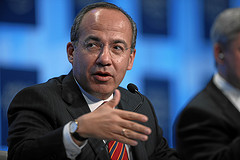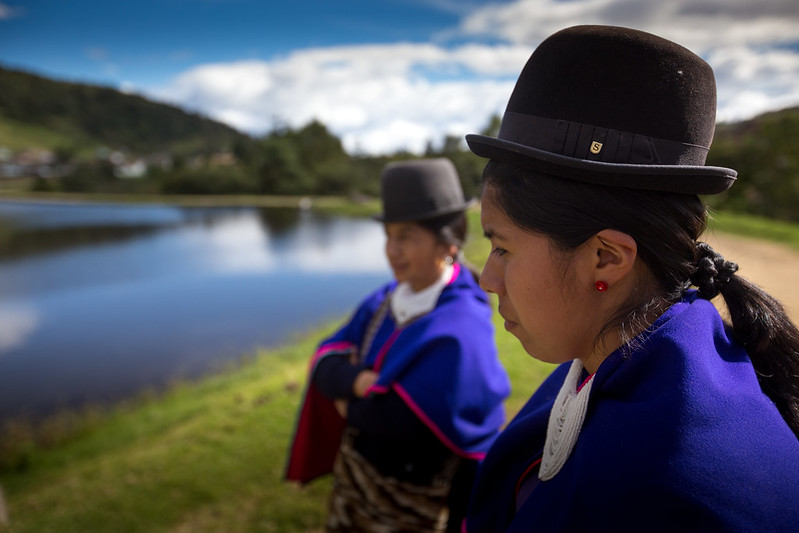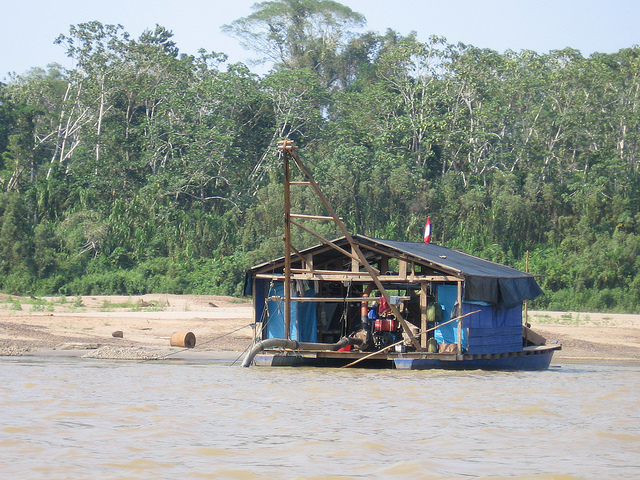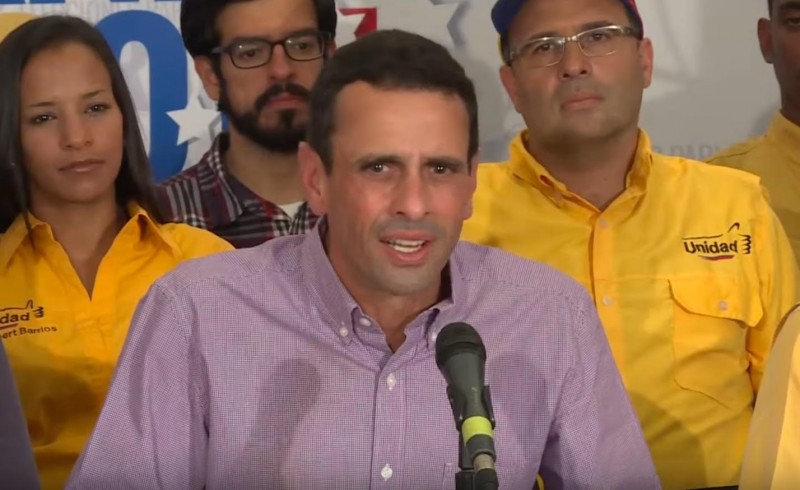
Latin America: Week in Review, Mexico
Mexico’s Drug War May Have Caused More Deaths Than Previously Thought, New Report Shows
April 14, 2010 By Staff
Today in Latin America
Top Story — The death toll from Mexico’s war on drug cartels may be much higher than reported by the Mexican media, according to a new, confidential Mexican government report leaked to the press this week. Estimates by Mexican media had suggested the death toll was around 18,000, but the new report says that it is above 22,700.
Mexican President Felipe Calderón began an offensive on the drug cartels operating in the country shortly after taking office in late 2006 and much attention has been focused on the rising tide of violence in the country, especially in towns close to the U.S. border.
The Associated Press said it obtained a copy of a Mexican Interior Ministry report that had the death toll at 22,700. For reasons that were not clear, the AP’s numbers differed slightly from those reported by Mexican daily Reforma. The Interior Ministry said it planned to release the report Tuesday, but has yet to make it public.
Much of the violence in Mexico has been attributed to fighting between rival cartels over turf and lucrative trade routes to the U.S. To combat the violence Calderón has sent 48,000 soldiers and several thousand federal police officers to the U.S. border region and other areas plagued by cartel violence.
While some success has been achieved in capturing or killing high-level drug figures, namely alleged kingpin Arturo Beltrán Leyva, who died in a raid in Cuernavaca last December, critics of the war say it has failed to reduce violence along the border.
Other top news: The Colombian prosecutor’s office released documents from the country’s Department of Administrative Security (DAS, in Spanish; the Colombian equivalent of the FBI) to independent journalist Hollman Morris indicating that the government had waged a “political warfare” against him. The DAS’ tactics included the initiation of an “international smear campaign,” the documents show.
An investigation published by the Colombian weekly magazine Semana in February of last year revealed that the DAS had coordinated a series of illegal wiretaps of opposition politicians, human rights defenders, supreme court justices and journalists.
The documents have been posted to the Center of International Policy’s “Plan Colombia and Beyond” blog.
Just Published at the Latin America News Dispatch
- By targeting gangs, police may end up profiling immigrant communities. Alison Bowen has more on her blog, Beyond Borders.
- Lesly Kernisant of the Haitian American-led investment group SImACT discusses the challenges of bringing investment to Haiti.
- The National Security Archive uncovered a diplomatic cable confirming that days before the assassination of former Chilean Foreign Minister Orlando Letelier in 1976, Henry Kissinger canceled a warning to southern cone dictators against carrying out a series of international murders.
Headlines from the Western Hemisphere
North America
- Five people died after a cargo plane crashed in the northern city of Monterrey in Mexico, while it attempted to land in rainy and cloudy conditions.
- Michelle Obama visited Mexico Tuesday as part of her first solo foray out of the United States as first lady.
Caribbean
- Congress approved a bill directing U.S. representatives at the International Monetary Fund and other international financial institutions to support canceling Haiti’s outstanding debt.
- Countries in the Caribbean agreed to ban dumping trash into the ocean.
Central America
- Noe Vásquez, the chief of an anti-drug office in Guatemala, was accused of passing off information to Mexico’s Zetas cartel.
- The Honduran government reached a deal Wednesday to grant land to thousands of farm workers occupying plantations. President Porfirio Lobo’s government will grant 27,000 acres to around 3,000 workers.
- Former Costa Rican President Miguel Angel Rodríguez went on trial Wednesday for corruption charges. The situation forced him to resign as head of the Organization of American States six years ago.
Andes
- A radio journalist in Colombia was stabbed to death over the weekend and Reporters Without Borders is asking authorities, who called it a crime of passion, to investigate further.
- In a speech Tuesday marking the anniversary of a failed 2002 coup against him, Venezuelan President Hugo Chávez urged thousands militia troops to fight for his government against opponents who would want to kill or oust him.
- U.S. Defense Secretary Robert Gates is traveling to Peru in his first stop on a regional tour to promote multilateral cooperation.
- A company in Bolivia began selling Coca Colla, an energy drink made from coca leaves, in La Paz, Santa Cruz and Cochabamba.
Southern Cone
- The worst heat wave in 50 years hit Brazil, causing 32 deaths 350 kilometers south of Rio de Janeiro.
- Leaders of emerging economies will attend summits in Brazil.
- Human rights activists in Argentina asked Spain for a local judicial probe of murders and disappearances as well as alleged genocide committed during Spain’s Civil War.
- Argentina is ready to launch an offer to swap bonds on up to $20 billion in defaulted debt, and is waiting for regulatory approval in Europe and Japan.
- A Chilean priest was charged with 8 cases of sexual abuse against minors, including his daughter. The priest was accused of paying young girls for sex, and a Chilean television broadcast Tuesday night showed footage of him entering a motel with an alleged victim.
- A Uruguayan slaughterhouse that is a provider of Kosher meat is reportedly using inhumane methods to kill cattle. A video from the plant shows cattle being lifted by one leg and restrained by workers for slaughter.
- Alberto Cantero, a high-ranking police official under Paraguayan dictator Alfredo Stroessner, died. According to human rights activists, Cantero never revealed the location of bodies of political prisoners who were tortured and killed under the regime.
Image: World Economic Forum @ Flickr.





